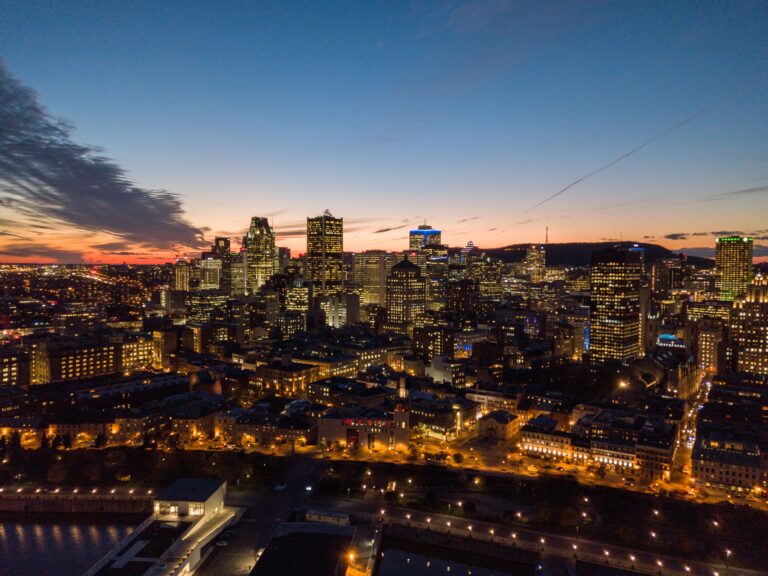Laws For Short-Term Rentals in Montreal, Quebec, Canada (2025)
When considering becoming a host, it’s crucial to be aware of the legal requirements in your city. While we, as a platform, don’t offer legal counsel, we aim to assist you by sharing some helpful resources that can guide you in comprehending the laws and regulations specific to Montreal. This compilation isn’t all-inclusive but should serve as a solid foundation for understanding your local legal landscape. For specific inquiries, we recommend reaching out to the City of Montreal’s Short-Term Rentals Office or relevant city departments, or seeking advice from a local attorney or tax expert.
Registration Requirement: As of September 1, digital platforms like Airbnb are required to display ads with a registration number and expiration date linked to a certificate, issued by relevant Quebec tourism authorities.
Future Government Measures: The government plans to introduce technological solutions for continuous verification by digital platforms and establish a public register of tourist accommodations.
Local Representative Requirement: Digital accommodation platforms will also need to designate a representative based in Quebec under the new legislation.
Quebec’s laws differentiate between offering tourist accommodations in one’s primary residence and doing so in a secondary residence.
Registration Requirements: Anyone in Quebec, including
Montreal, renting out their primary or secondary residence for tourist
purposes (for periods up to 31 days) must obtain a classification
certificate from the CITQ. Details for registration can be found on the
Tourisme Québec website.
As per the Act respecting the Québec sales tax, a lodging tax is levied
on rentals of up to 31 consecutive days in Quebec’s tourism regions,
including Montreal. This is detailed on the Revenu Québec website. Hosts
should also be aware of other provincial and municipal taxes applicable
to rental accommodations.
Since October 1, 2017, Airbnb has been automatically collecting and
remitting a 3.5% lodging tax for bookings under 30 days in Quebec’s
tourist regions. More details about this arrangement are available on
the Revenu Québec website
Zoning laws in Quebec municipalities, including Montreal, may affect
listings. Montreal’s Master Plan, detailing the city’s planning and
development vision, outlines land use and building density policies.
Specific zoning and urban planning by-laws for Montreal can be accessed
online.
Hosts are obligated to display their registration number on their listings. This can be added under the ‘Regulations’ section after selecting the relevant listing in the ‘Listings’ area.
Hosts must also comply with other binding agreements such as leases, condo board rules, HOA regulations, or tenant organization rules. It’s crucial to thoroughly review all relevant documents and consult necessary parties to ensure compliance with these terms.
In Montreal, specific business activities may require a permit or certificate. Hosts should review these requirements, with further information available for each borough.




